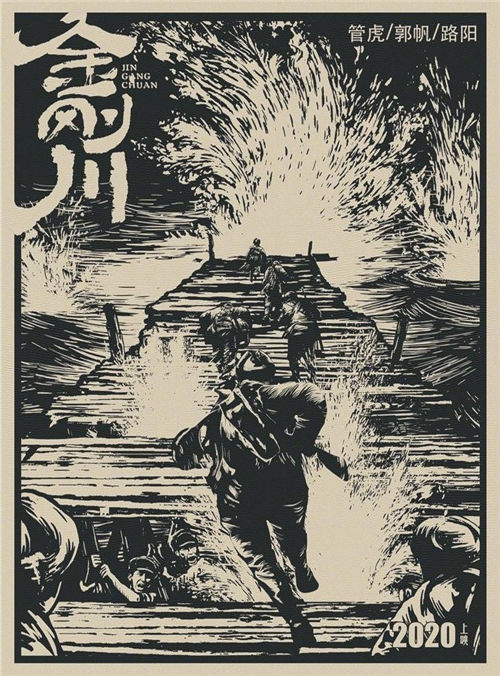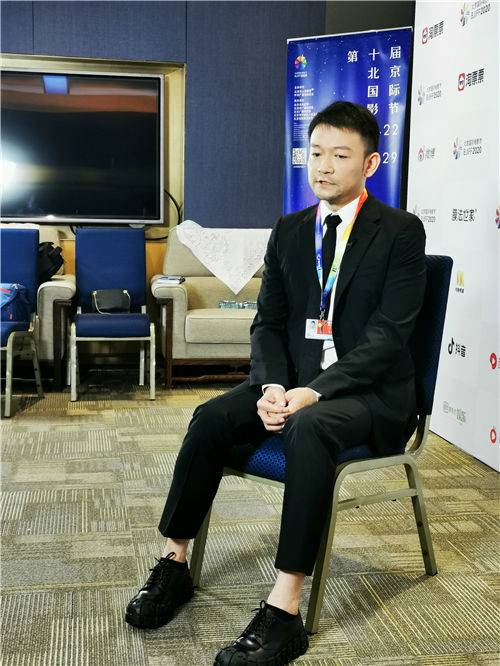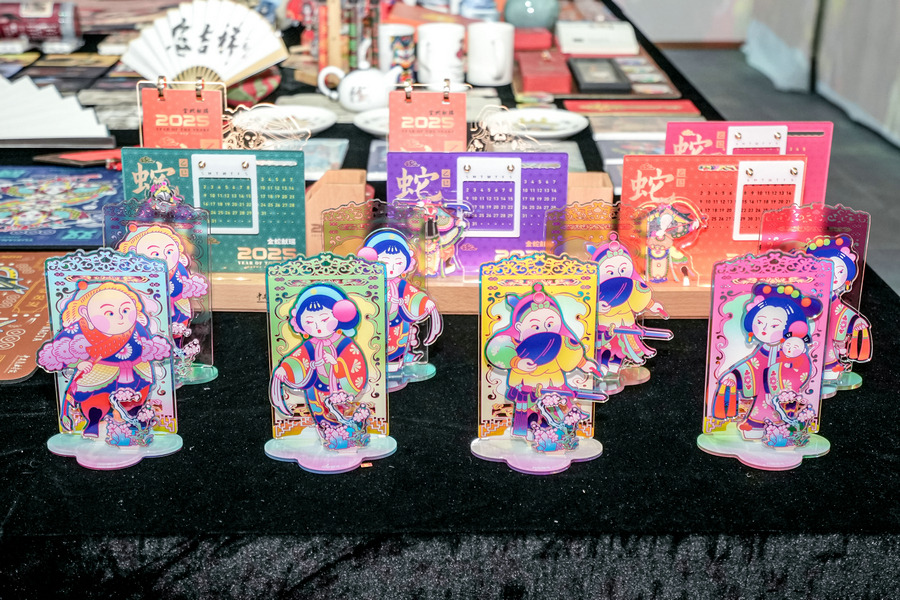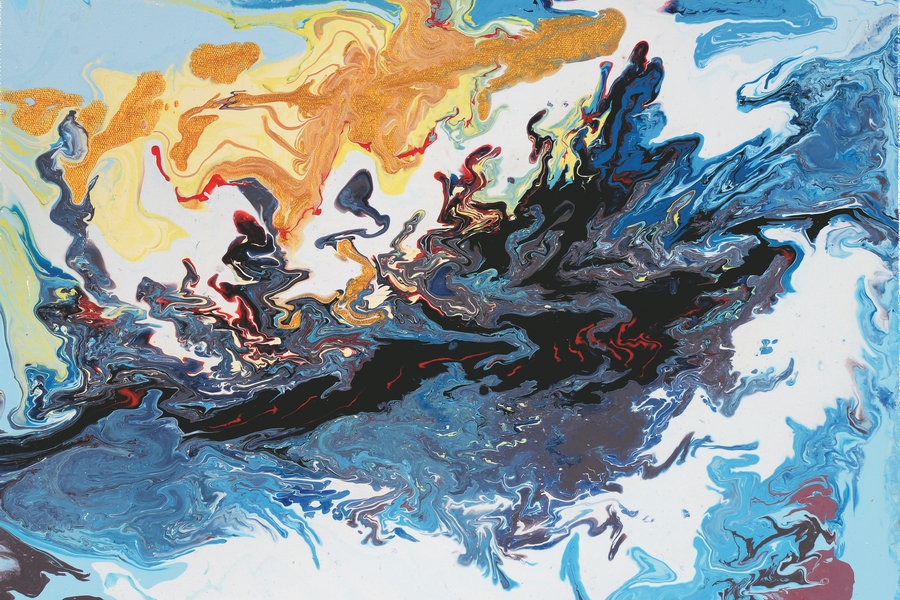Welcoming interface


"Also, it may help me to sleep a bit more. For example, six hours every night while shooting the sequel of The Wandering Earth," he adds, jokingly.
Speaking about the sequel, Guo says his team canceled a previous plan-an overseas trip to some leading companies specializing in visual effects to seek partners-to shift focus on polishing the script. A new technique that can visualize complex scenes on computers before the cameras roll on real sets will be used in the sequel.
The development of 5G networks will benefit China's film industry, with the faster transfer of digital content making editing and post-production jobs easier to handle remotely, he says.
A native of Shandong province, Guo grew up as a die-hard sci-fi fan. He accumulated recognition through his debut feature, Lee's Adventures, in 2011 and achieved more fame after the coming-of-age romance, My Old Classmate, in 2014.
Garnering praise for The Wandering Earth in 2019, widely seen as a game-changer for Chinese sci-fi cinema, Guo has since also shaped his views on the balance between technology and art.
"Big data and a standardized industrialization procedure are both tools like the brush and paper for a painter, which I believe play the most important role in creating art," Guo says.
The Wandering Earth tells the story of humans building giant thrusters to move their planet out of its orbit to another star system as the sun dies. The story reflects a value rooted in China's ancient agricultural society-people's strong bond with the Earth and their homeland.
Guo says he believes Chinese culture is the core element that will help the country's films become more competitive in the international market.





































